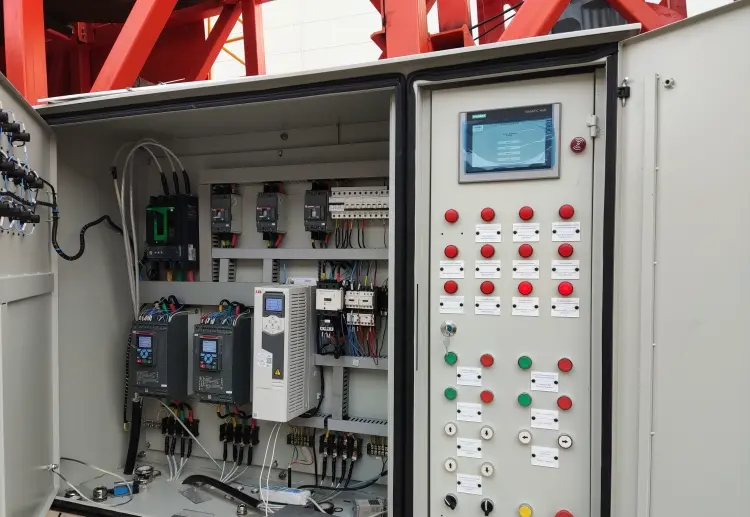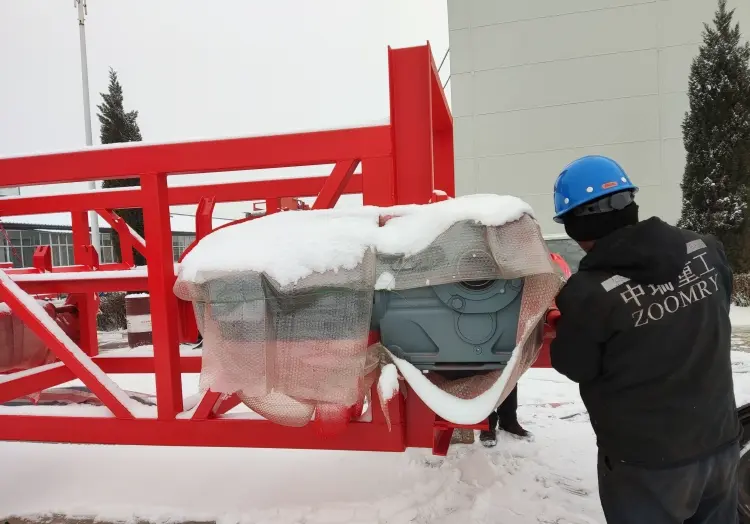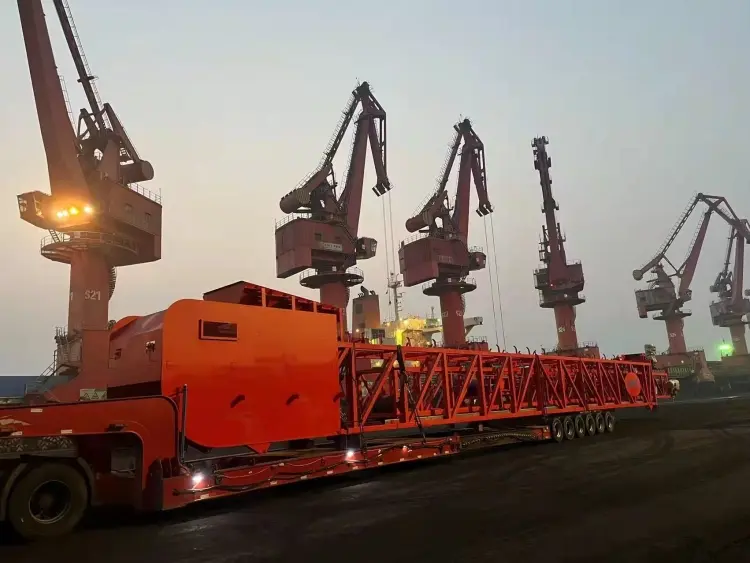Time:2024-10-29 09:25:03 Number of Clicks:
In modern logistics and warehouse management, telescopic conveyors are increasingly favored by businesses as an efficient loading and unloading tool. Their flexible design and powerful functions enable them to perform important roles in various work environments. However, to fully leverage the value of telescopic conveyors, it is not enough to just know the basic operations; regular maintenance and care are equally essential.
While many are familiar with telescopic conveyors, it is helpful to outline their basic structure before use. A telescopic conveyor primarily consists of the following components:
The basic steps for using a telescopic conveyor are as follows:

Daily maintenance is key to ensuring that telescopic conveyors operate efficiently and safely. Here are some important maintenance guidelines:
Regularly inspect and clean the conveyor belt to ensure it is free of oil, dust, and debris. Use appropriate cleaning agents and tools, avoiding any that could damage the belt material.
Check the telescopic mechanism regularly for smooth movement, ensuring there are no obstructions. Lubricate the connection points of the telescopic parts to prevent damage due to excessive friction.
Pay attention to the sounds produced by the telescopic conveyor during regular use. Unusual noises may signal equipment failure and should prompt immediate shutdown for inspection.
Monitor the temperature of the drive system; excessive heat may indicate potential issues. Ensure that the cooling system functions properly to prevent overheating.
Before use each day, inspect all components of the telescopic conveyor, including the conveyor belt, drive system, and control panel, to ensure they are in proper working condition.
Based on usage frequency and load conditions, develop a routine maintenance schedule that includes replacing worn components and lubricating moving parts. Typically, a comprehensive check and maintenance should be conducted monthly.
Establish a maintenance record to detail each inspection and maintenance task, including the date, issues discovered, and solutions implemented. This helps enhance the equipment's lifespan.
Please contact us using the info below if you have any questions about conveyor telescopic
https://www.zoomry-ind.com
+86 136-6401-6717

Telescopic conveyors can quickly adapt to different types of goods and loading/unloading needs during truck operations. Their automatic telescoping feature makes loading and unloading tasks more efficient, significantly reducing labor and time costs.
Whether in a warehouse, distribution center, or production line, telescopic conveyors can flexibly adjust to different operational environments, meeting diverse transportation needs.
By automating loading and unloading, telescopic conveyors significantly decrease the need for manual handling, lowering employee workload and enhancing overall work efficiency.

When purchasing a telescopic conveyor, consider specific operational requirements, including the type of goods, weight, and loading/unloading frequency.
Opt for well-known brands of telescopic conveyors, such as Zoomry, which typically offer better quality and after-sales service. Ensure that the supplier can provide timely technical support and maintenance services.
Compare different brands and models to select a telescopic conveyor with a high cost-performance ratio. Look for reasonable prices while ensuring performance and quality.
In practical applications, businesses should prioritize operational training and maintenance management of telescopic conveyors. Whether handling truck loading and unloading or warehouse management, telescopic conveyors are ideal for enhancing efficiency and reducing costs. By using them correctly and performing regular maintenance, you can maximize the operational efficiency of telescopic conveyors and extend their lifespan.
Copyright © 2002-2024 Zoomry Group Company Limited